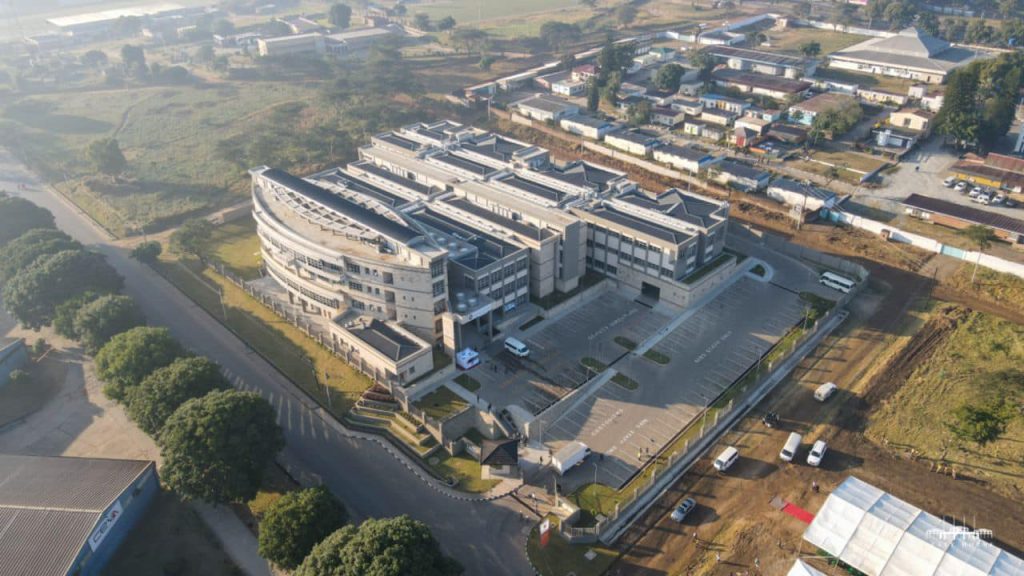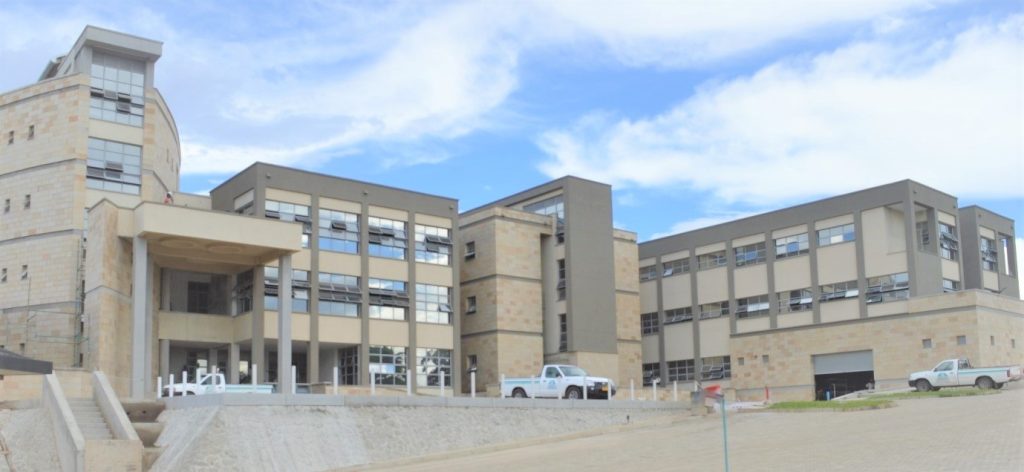Industry laments policy inconsistencies
Malawi Confederation of Chambers of Commerce and Industry (MCCCI) has decried policy inconsistencies and over-dependence on donor aid, saying they remain challenges affecting the country’s trade balance.
MCCCI’s comments yesterday come on the back of figures from the Malawi Government Annual Economic Report 2023 showing that the country’s trade balance has continued to worsen, with deficit recorded at $564.41 million (K574.26 billion) at the end of 2022.

MCCCI president Lekani Katandula said this in Blantyre during the opening of the 33rd Malawi International Trade Fair and inauguration of the Malawi Bureau of Standards (MBS) laboratory and office complex. He said when the country achieves its industrialisation goals, it will become less prone to global product price volatility and close the trade balance.
He said that while the greatness of a country should not be measured by its levels of consumption but by its levels of investment, the situation is different for Malawi there is need to reverse the trend and rebalance trade through industrialisation.
Katandula, who is also Illovo Sugar (Malawi) plc managing director, said: “A combination of over-dependence on donors and inadequate and inconsistent industrialisation incentives is a major driver of current trade imbalances.
“Our plea is that government should, through policy measures, make it difficult for this money [donor aid] to be used for importation of consumption goods that can be locally produced, but make it easy for this foreign currency to be diverted to more productive uses.”

Katandula further urged the government to put up deliberate incentives to make long-term financing affordable for targeted growth sectors such as mega farms, agro-processing, energy generation, tourism and broader industrialisation, especially in areas that help grow exports or import substitution.
Minister of Trade and Industry Simplex Chithyola Banda admitted that one of the challenges the country faces is the huge trade imbalance, which has led to lack of foreign exchange and fuels high inflation.
He said to address foreign exchange challenges, the ministry is engaging public institutions to buy most of their supplies locally.
President Lazarus Chakwera, who officially presided over the two events, said government’s focus remains bringing back Malawi’s productivity through the promotion of commercialisation, industrialisation and urbanisation.
He said: “We must understand that ours is a country with a narrow productive base that relies too much on rain-fed agriculture, resulting in an unsustainable trade deficit that we must reverse with a sense of urgency.”
MBS board chairperson Davlin Chokazinga said the services provided by the laboratory will be key for the development of the industry, for consumer protection and for trade facilitation and national development.
The MBS office complex and laboratory project was jointly funded by the European Union, the United Nations Development Programme contributing 3.8 million euro (about K 4.4 billion).
The Malawi Government provided K13.9 Billion while the MBS contributed K4 billion.





